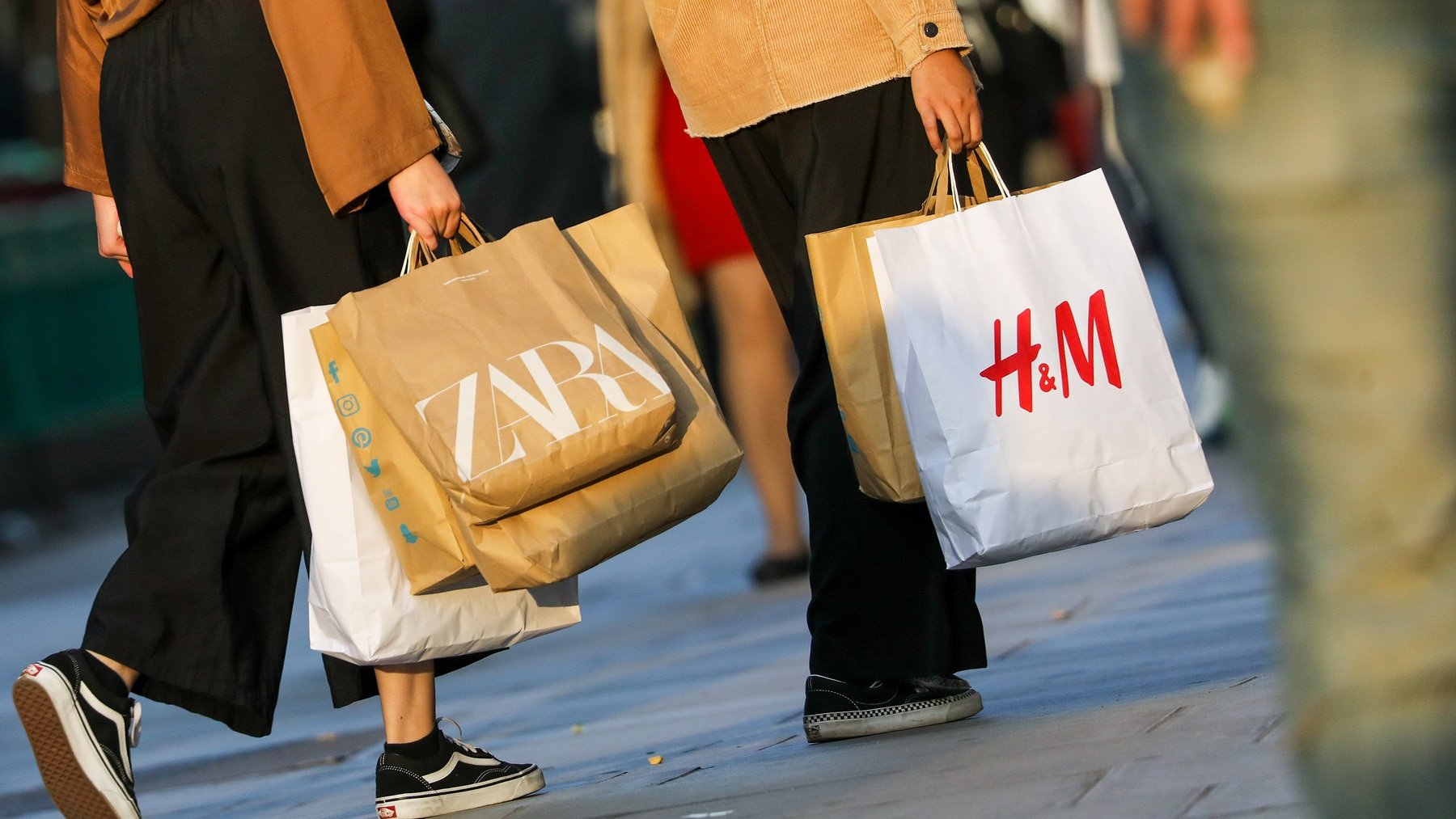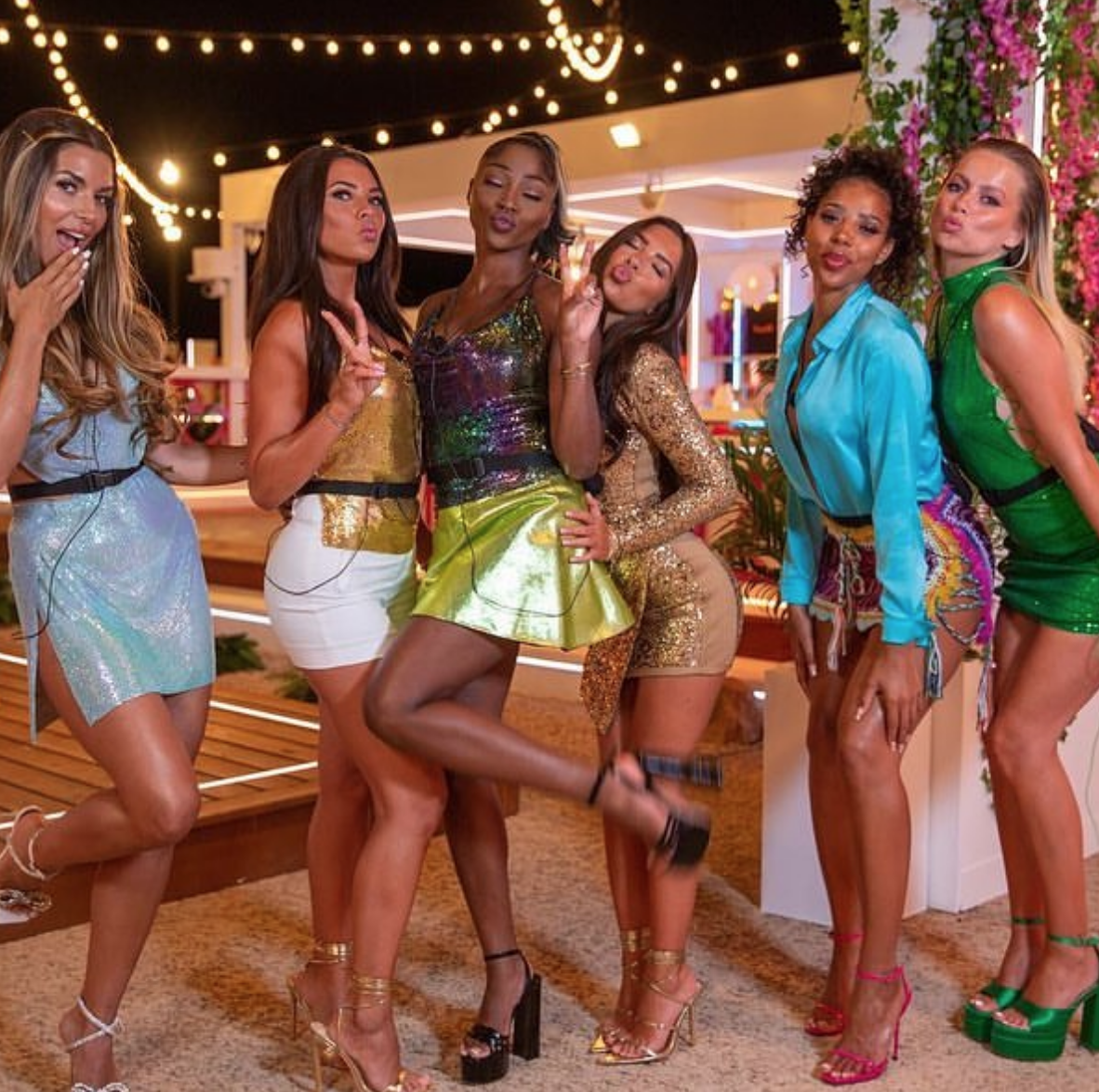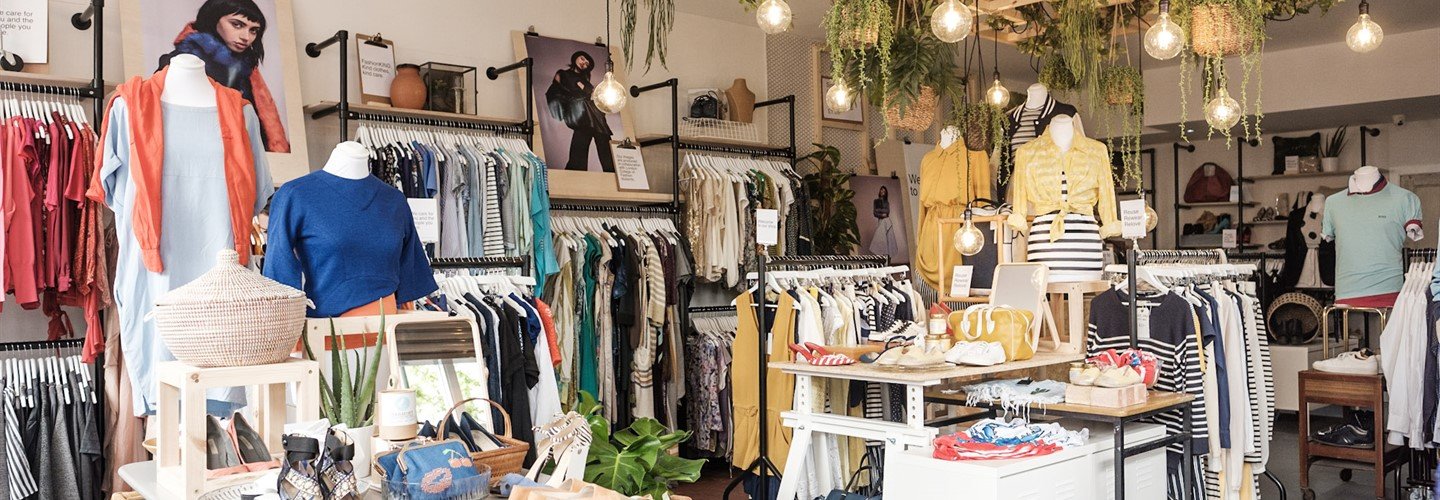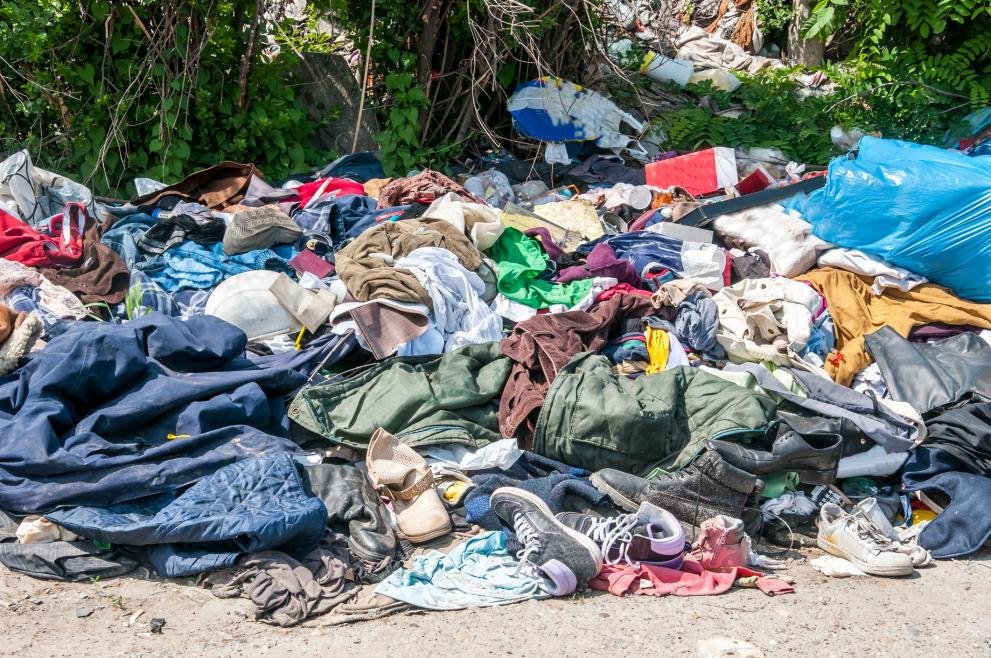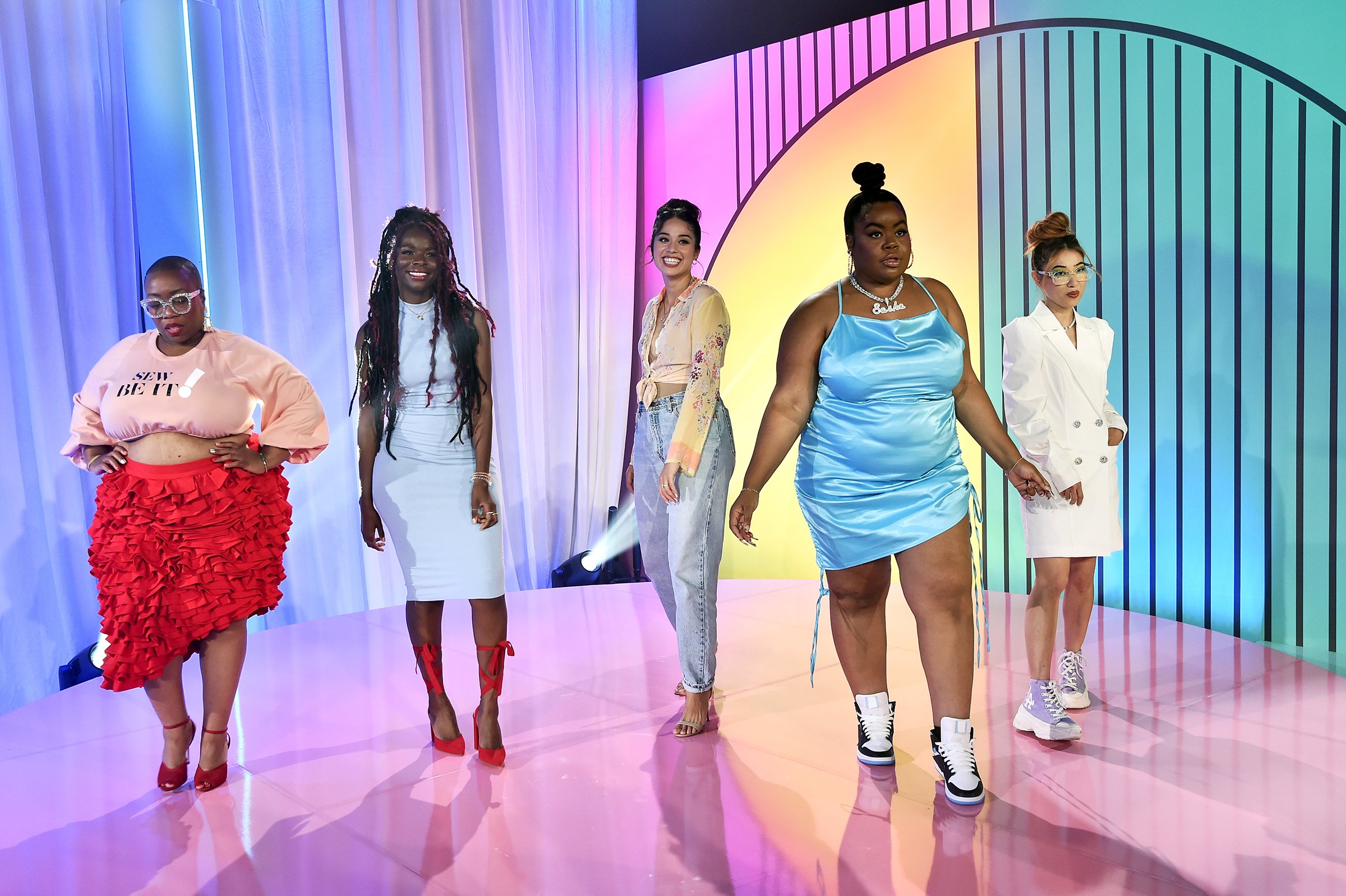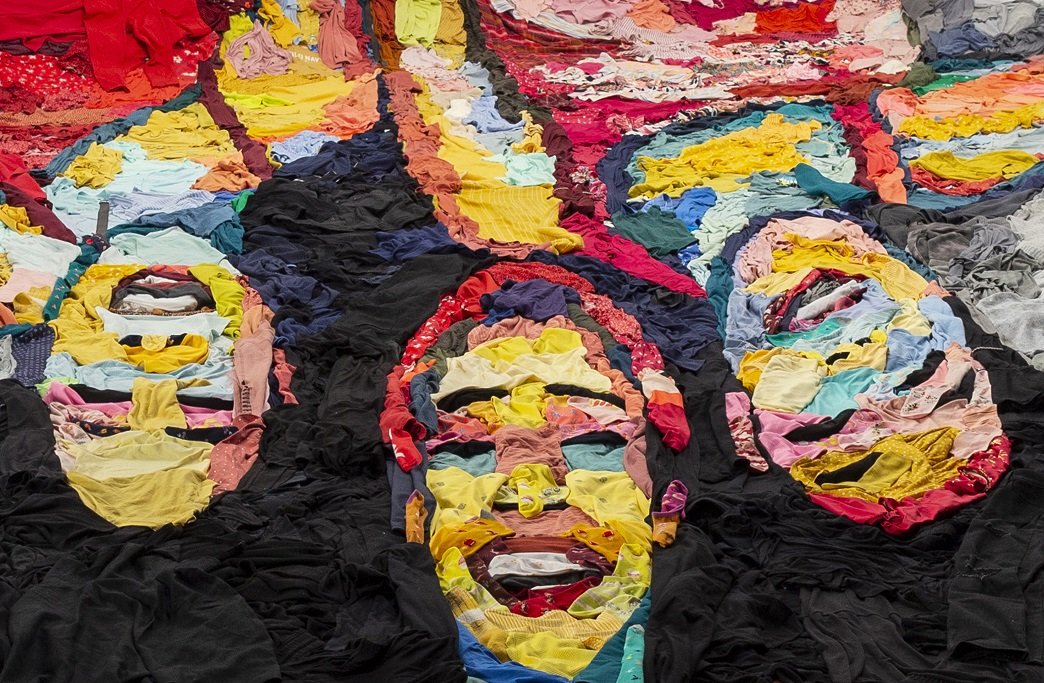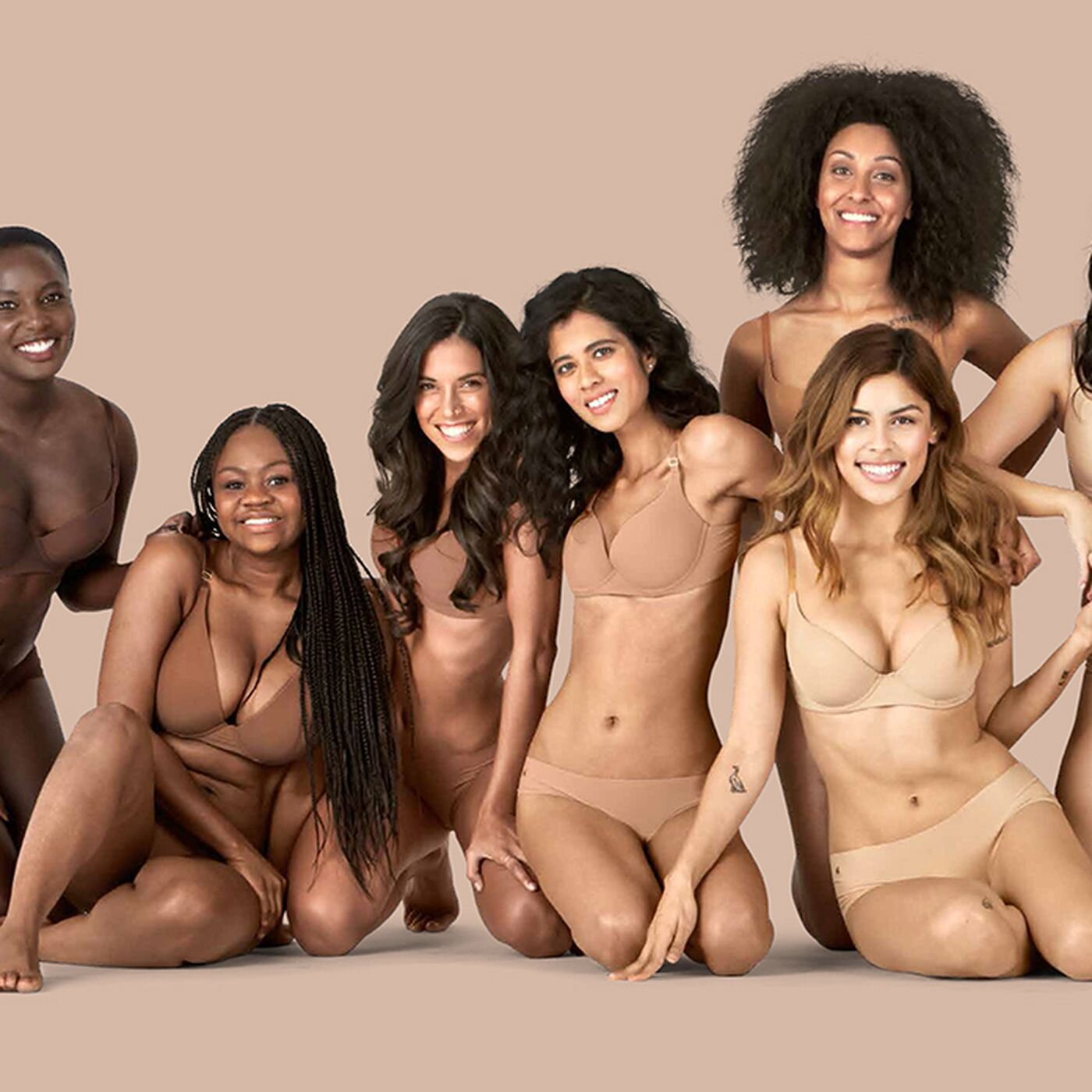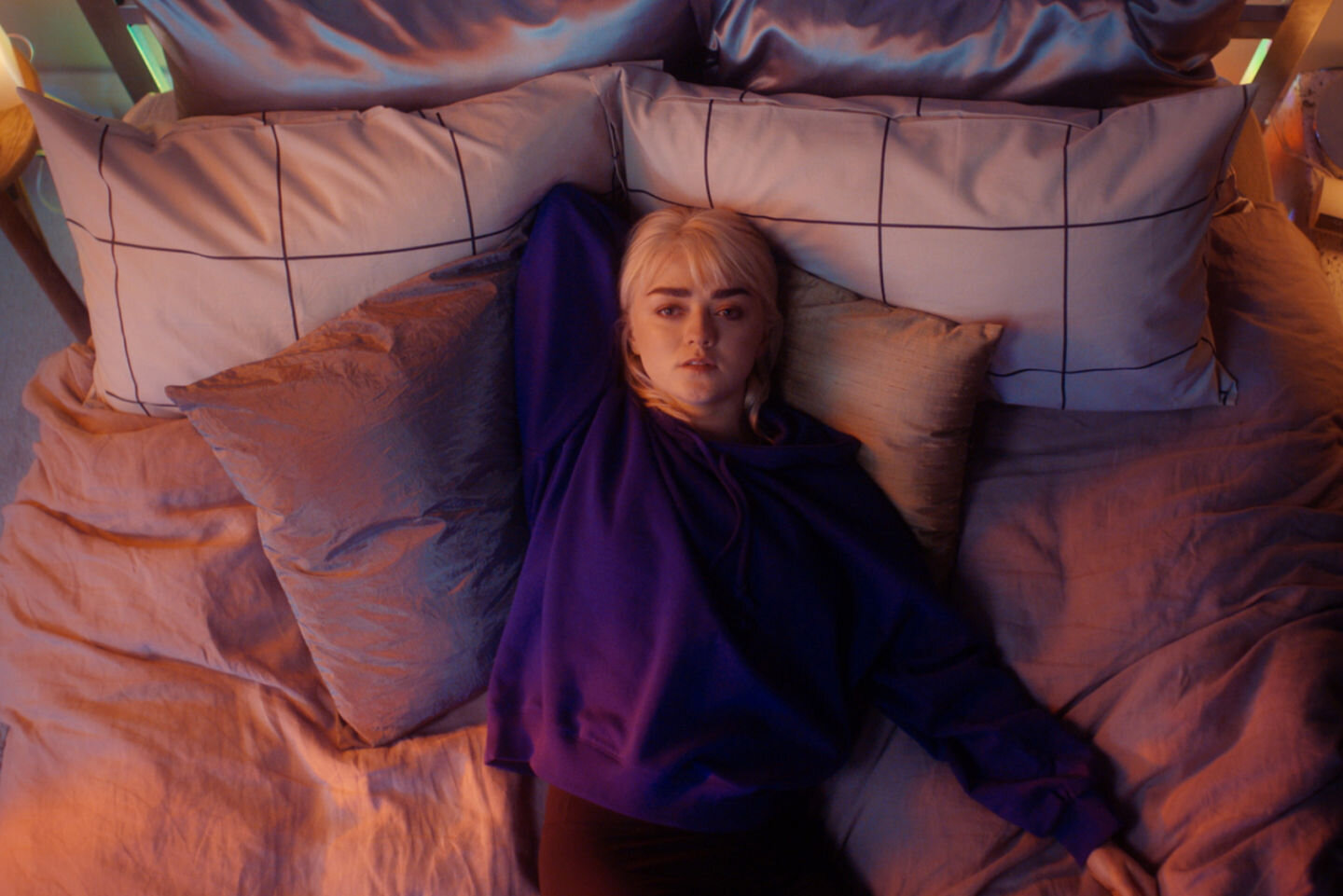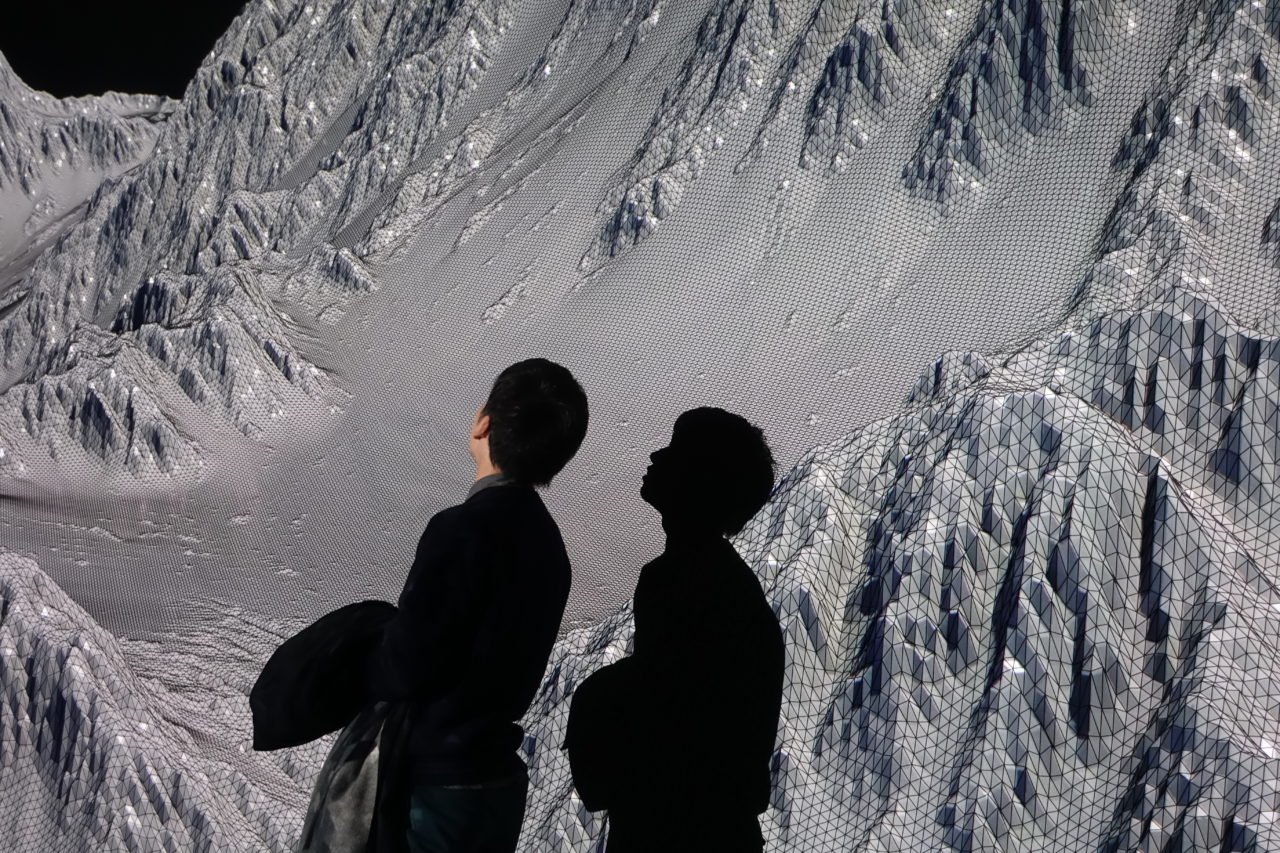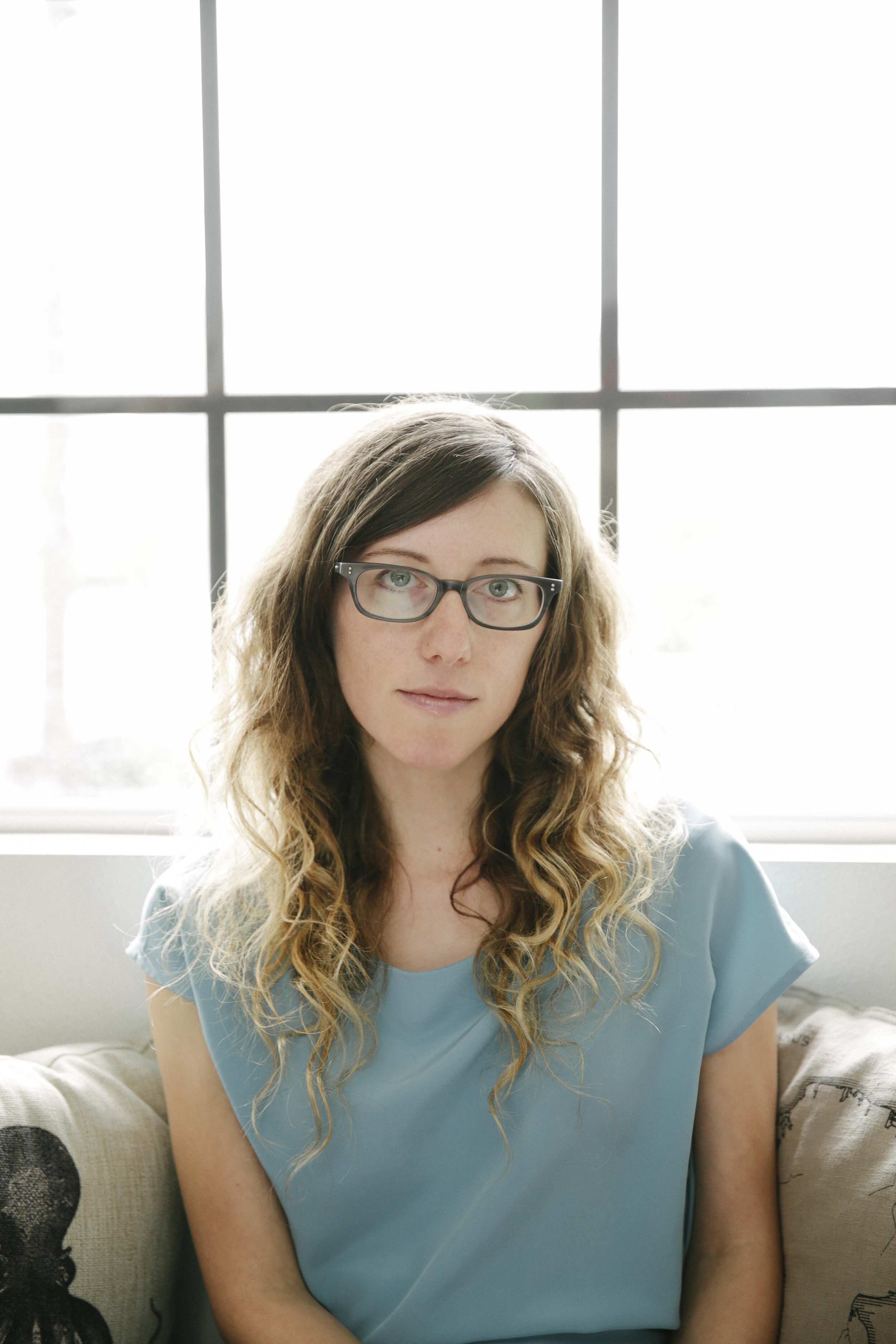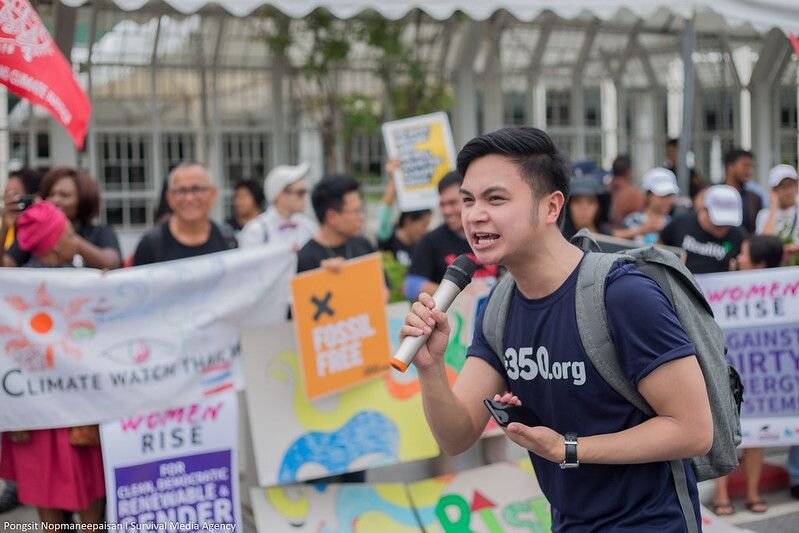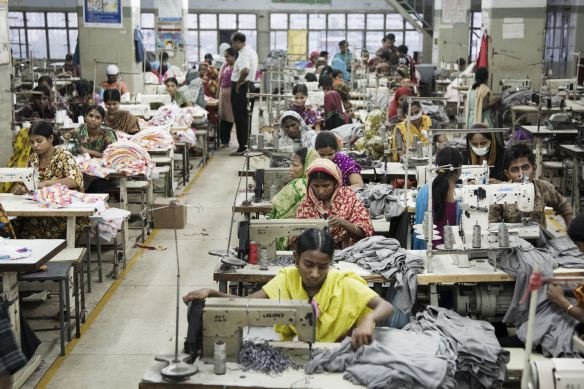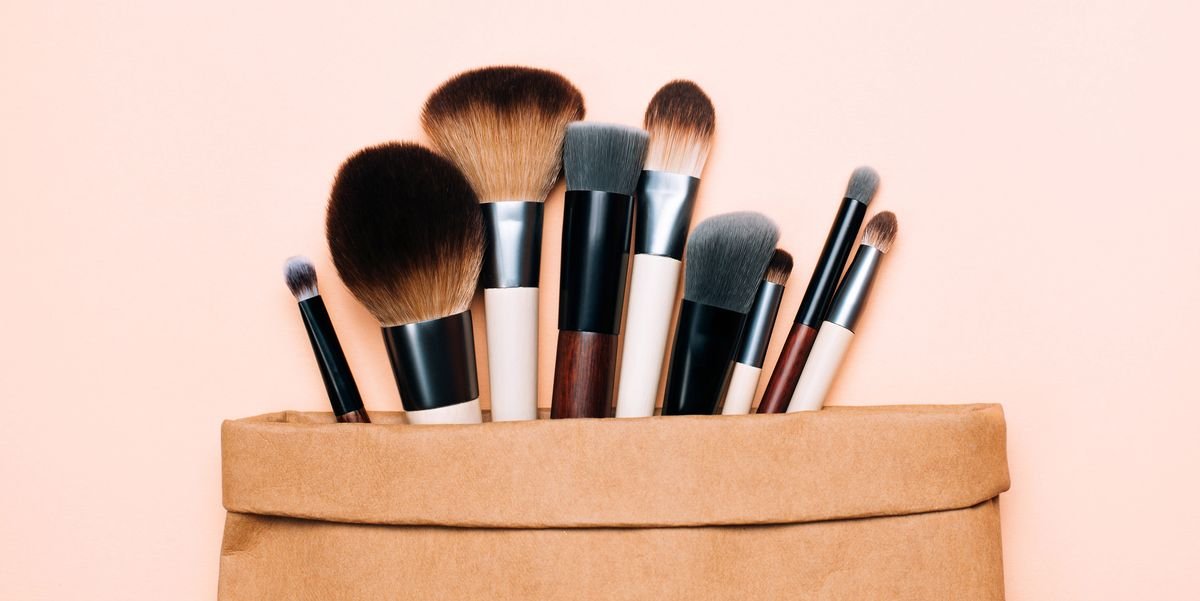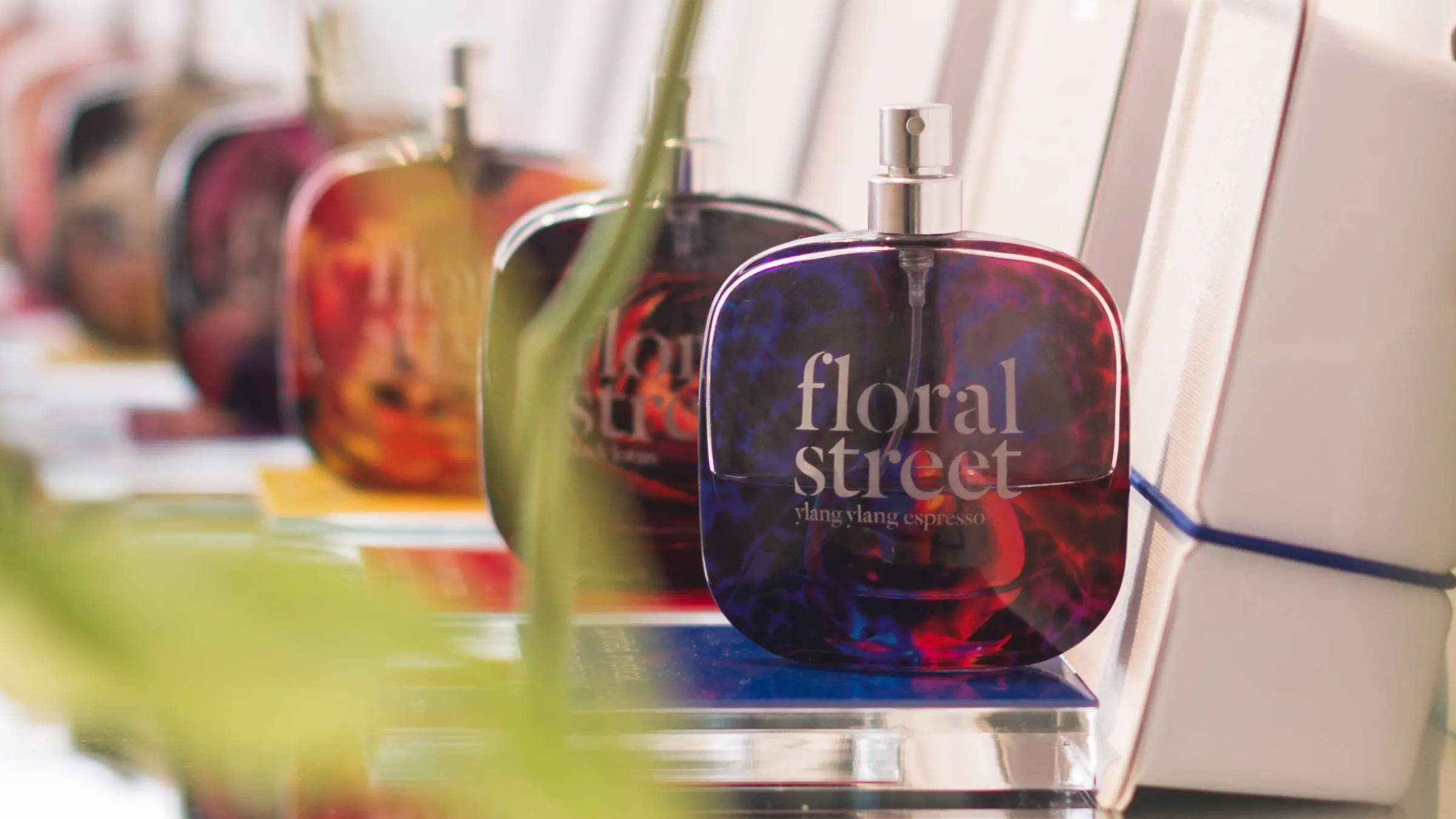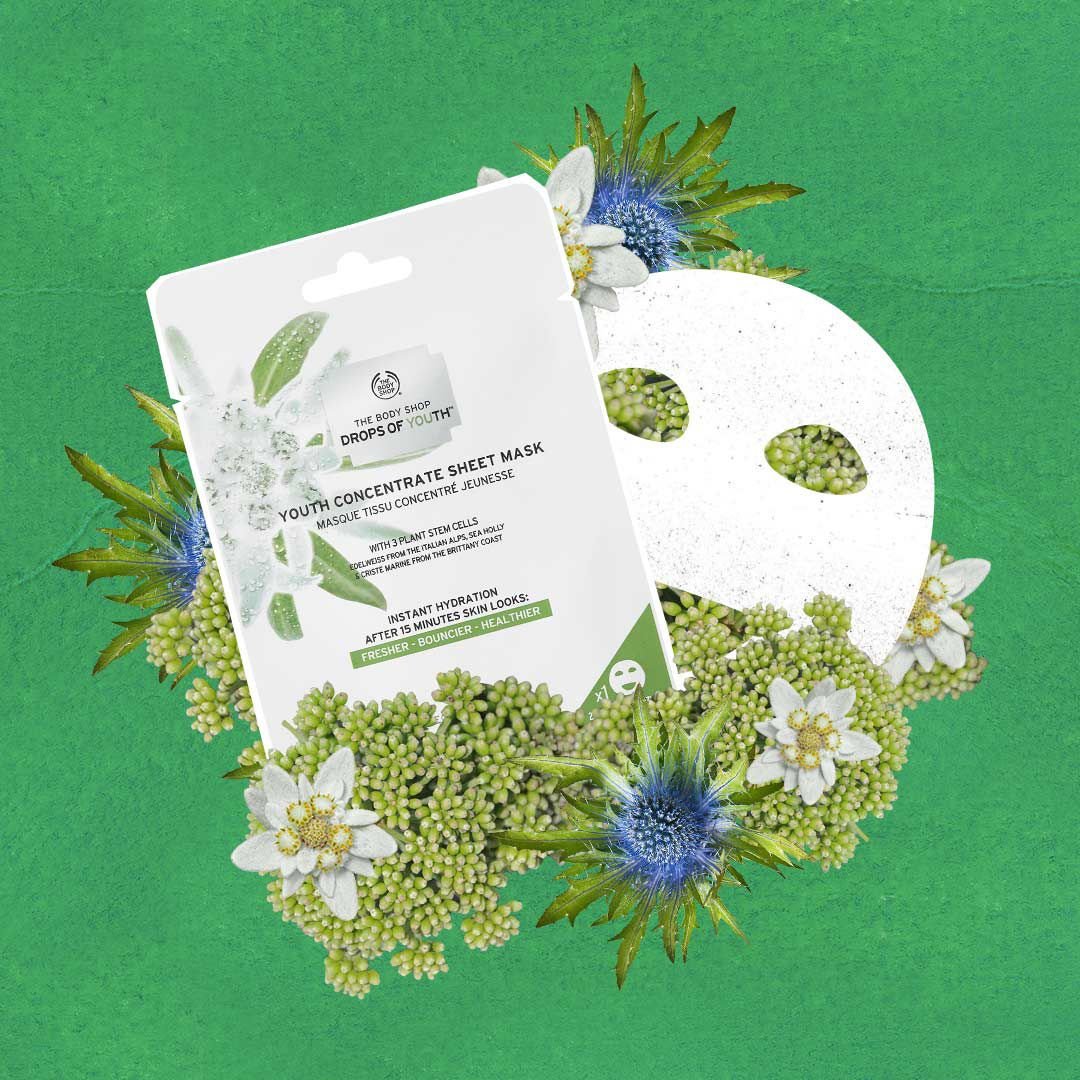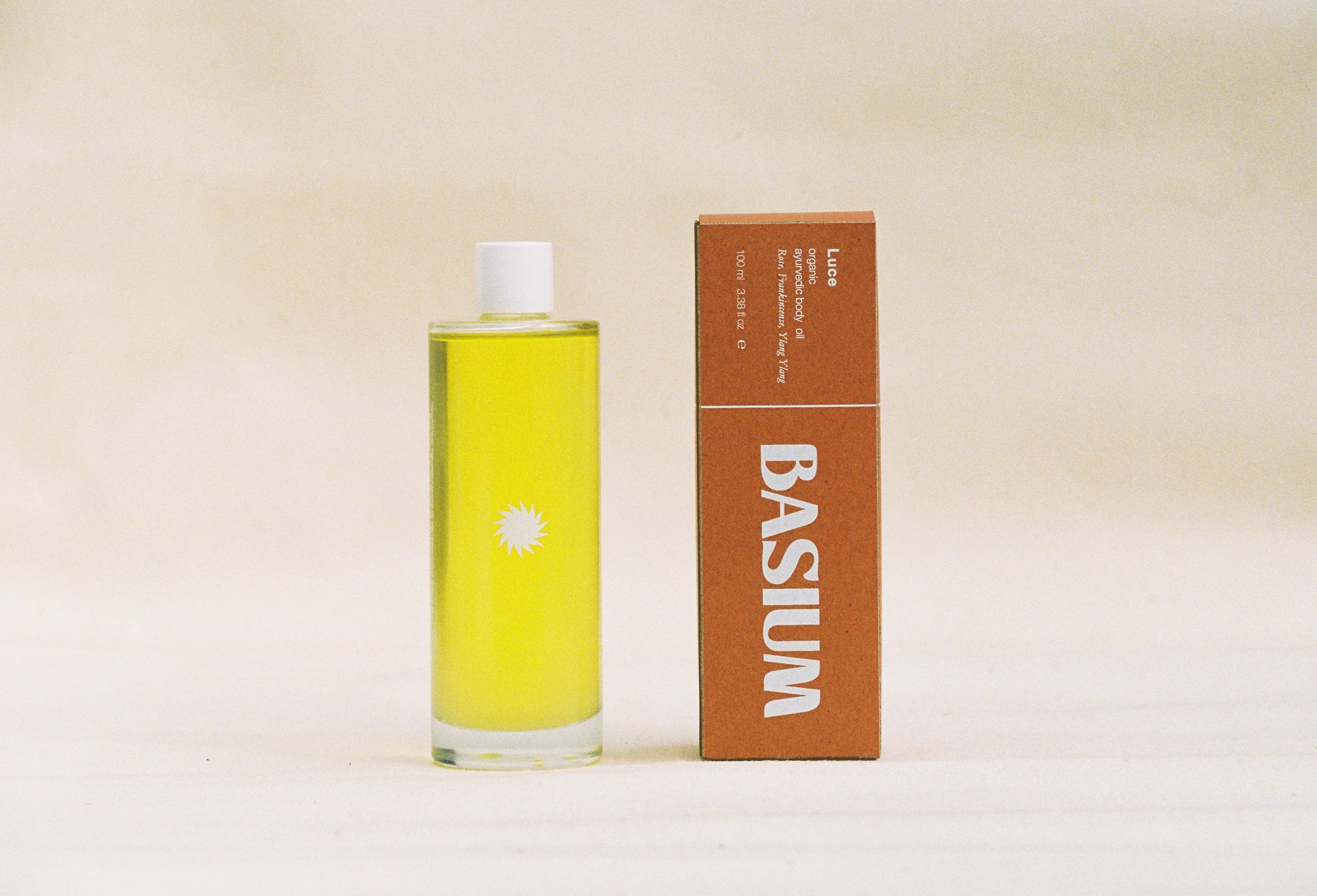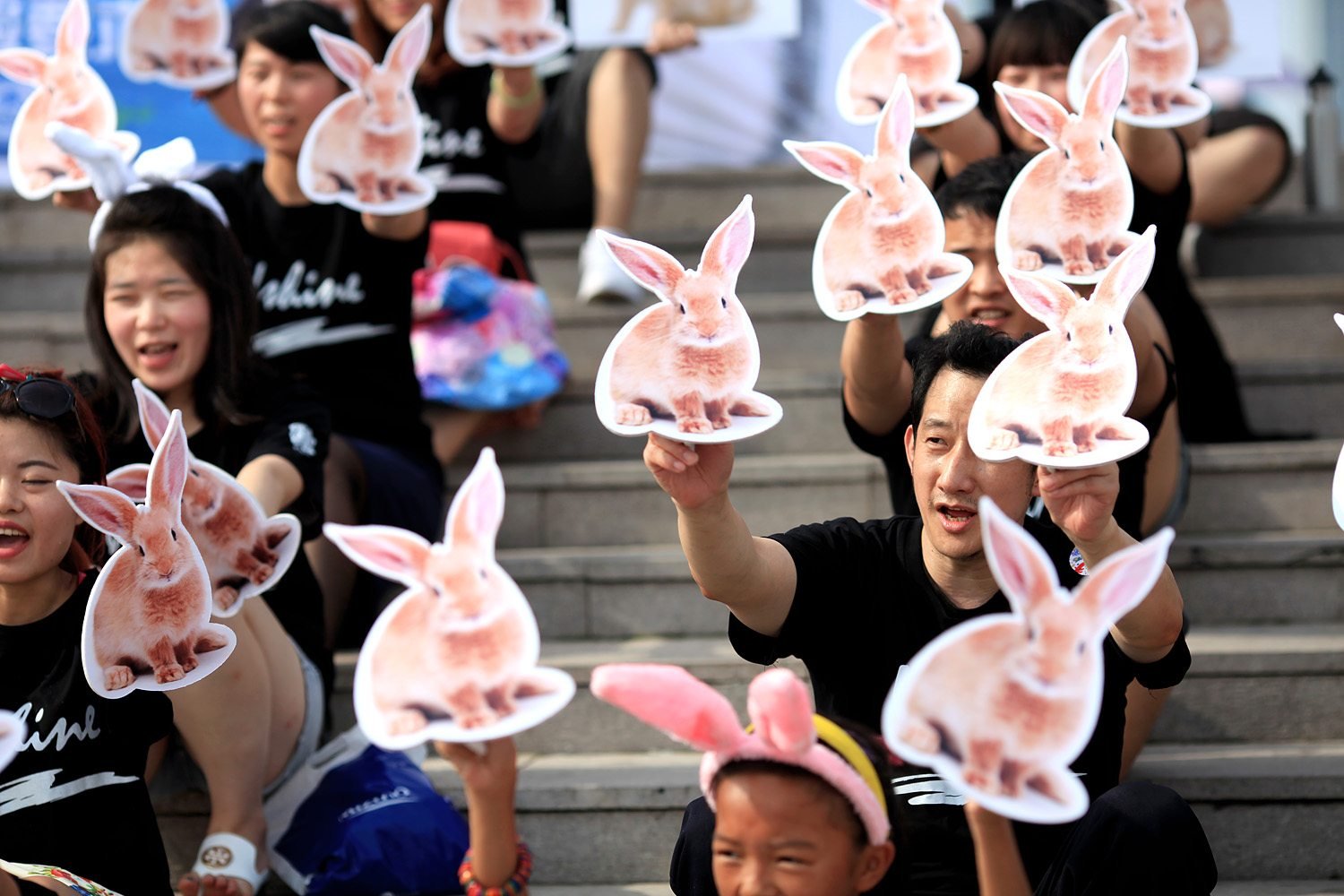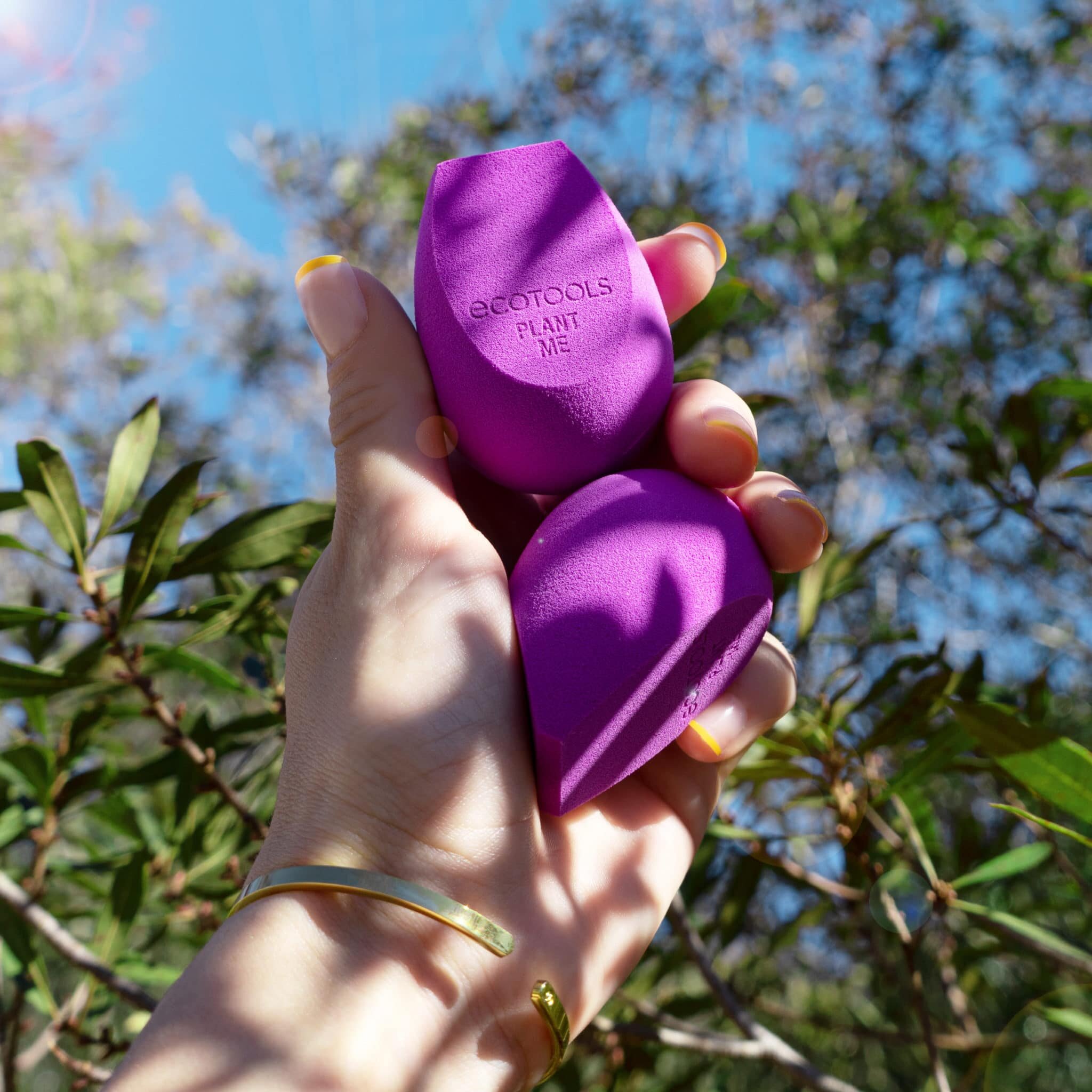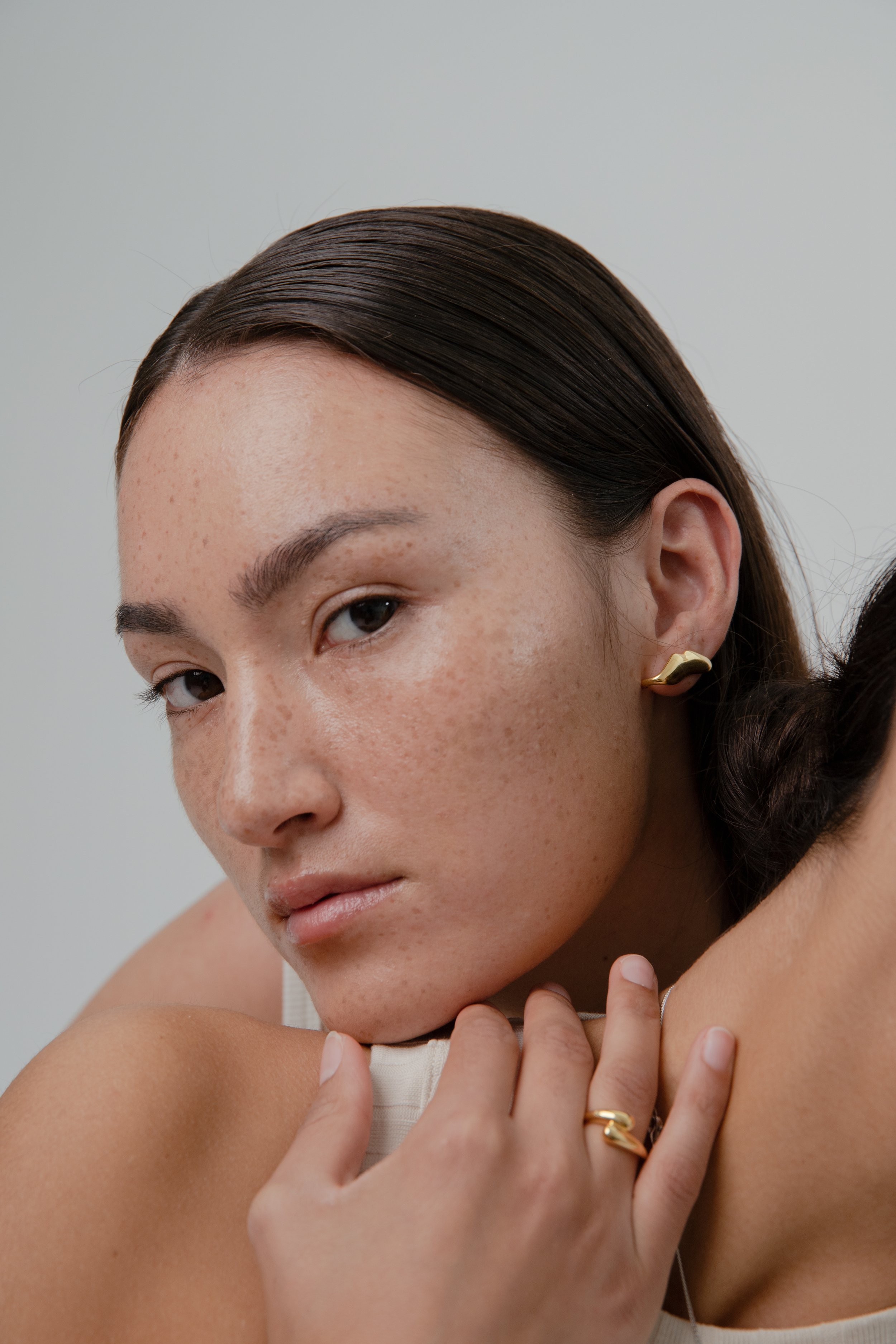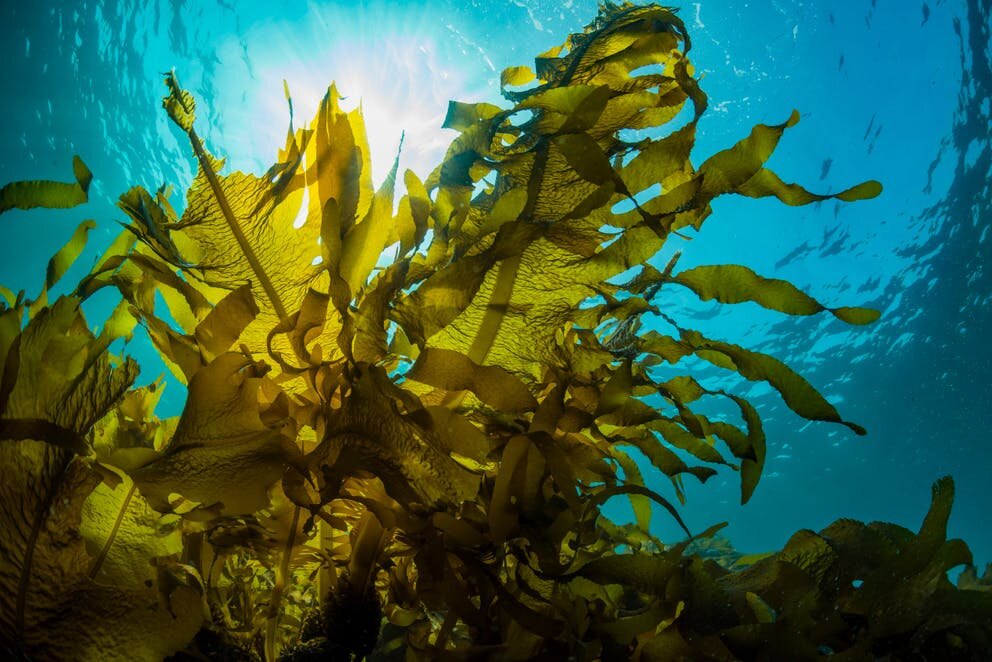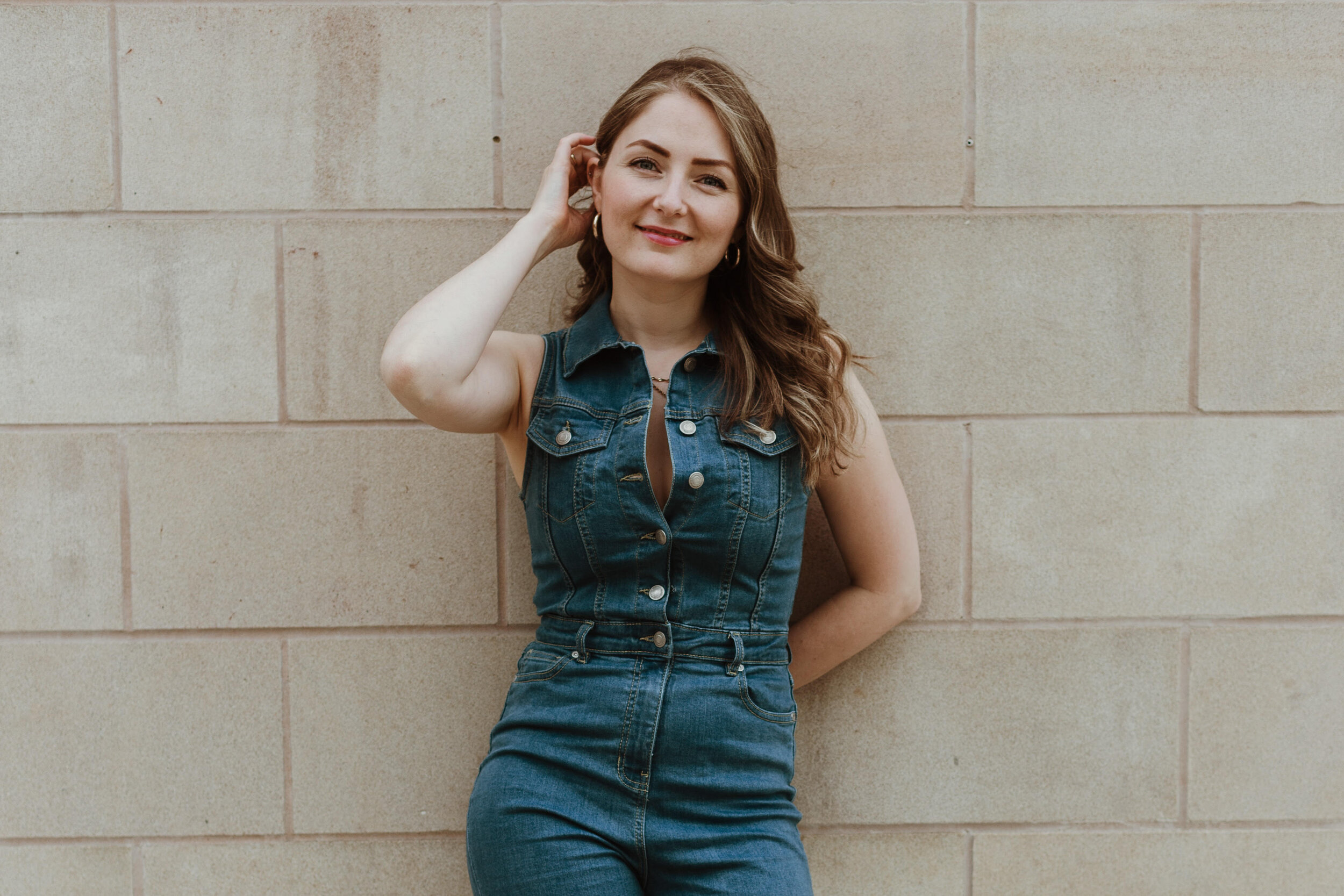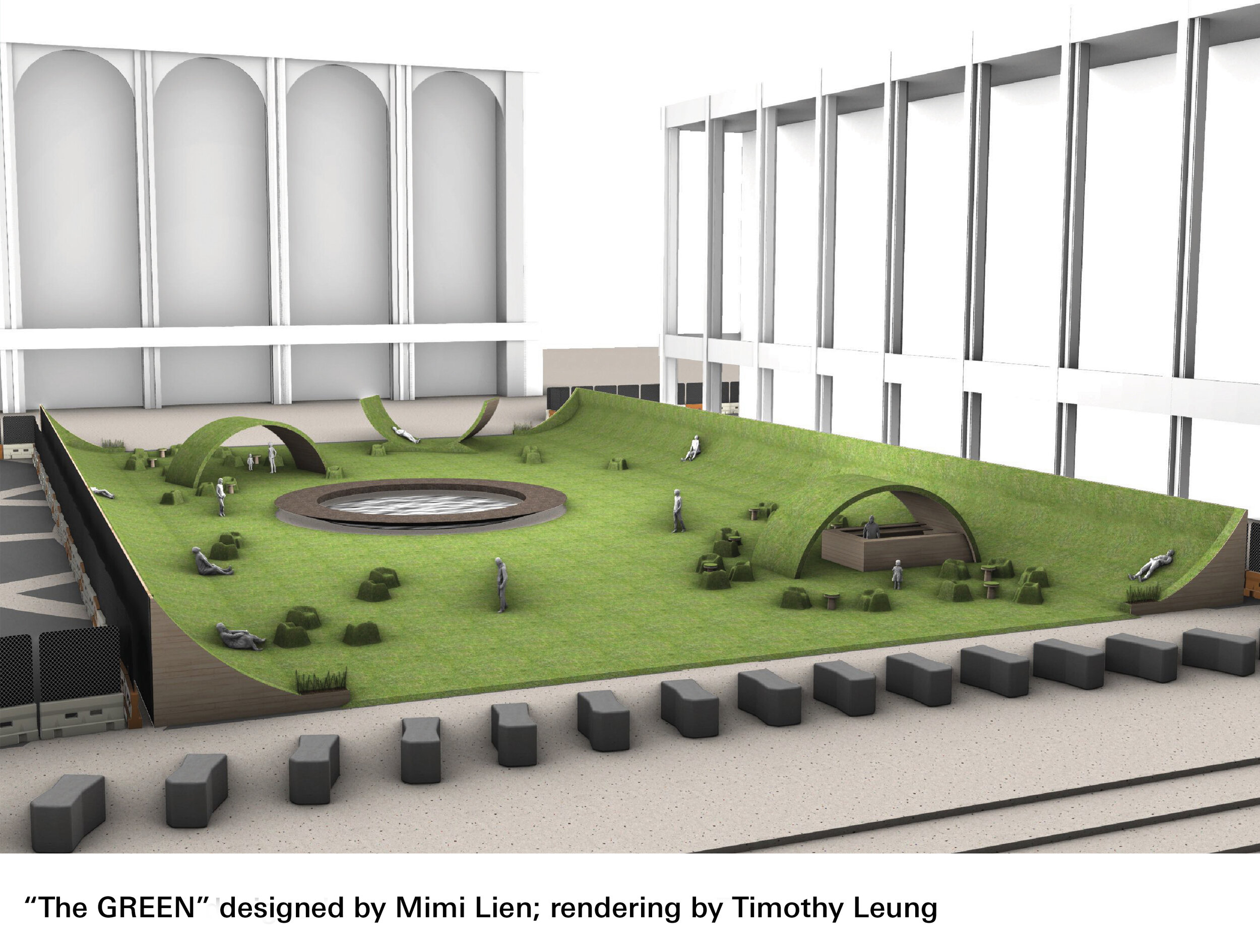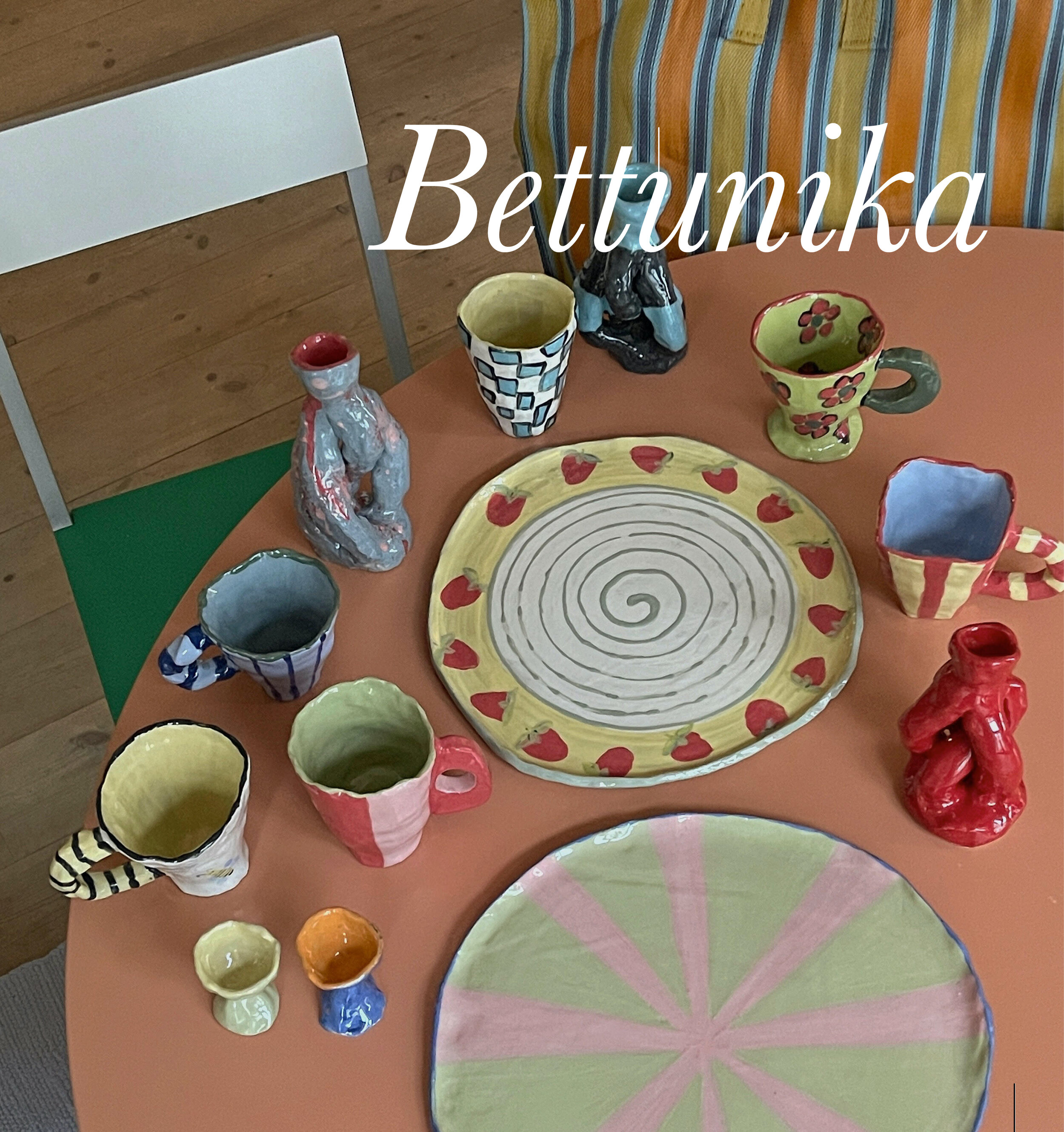A hub for sustainable fashion, lifestyle and more…
BTS video from our “The Rise of The Pre-Loved” shoot.
Conscious. Considered. Responsible.
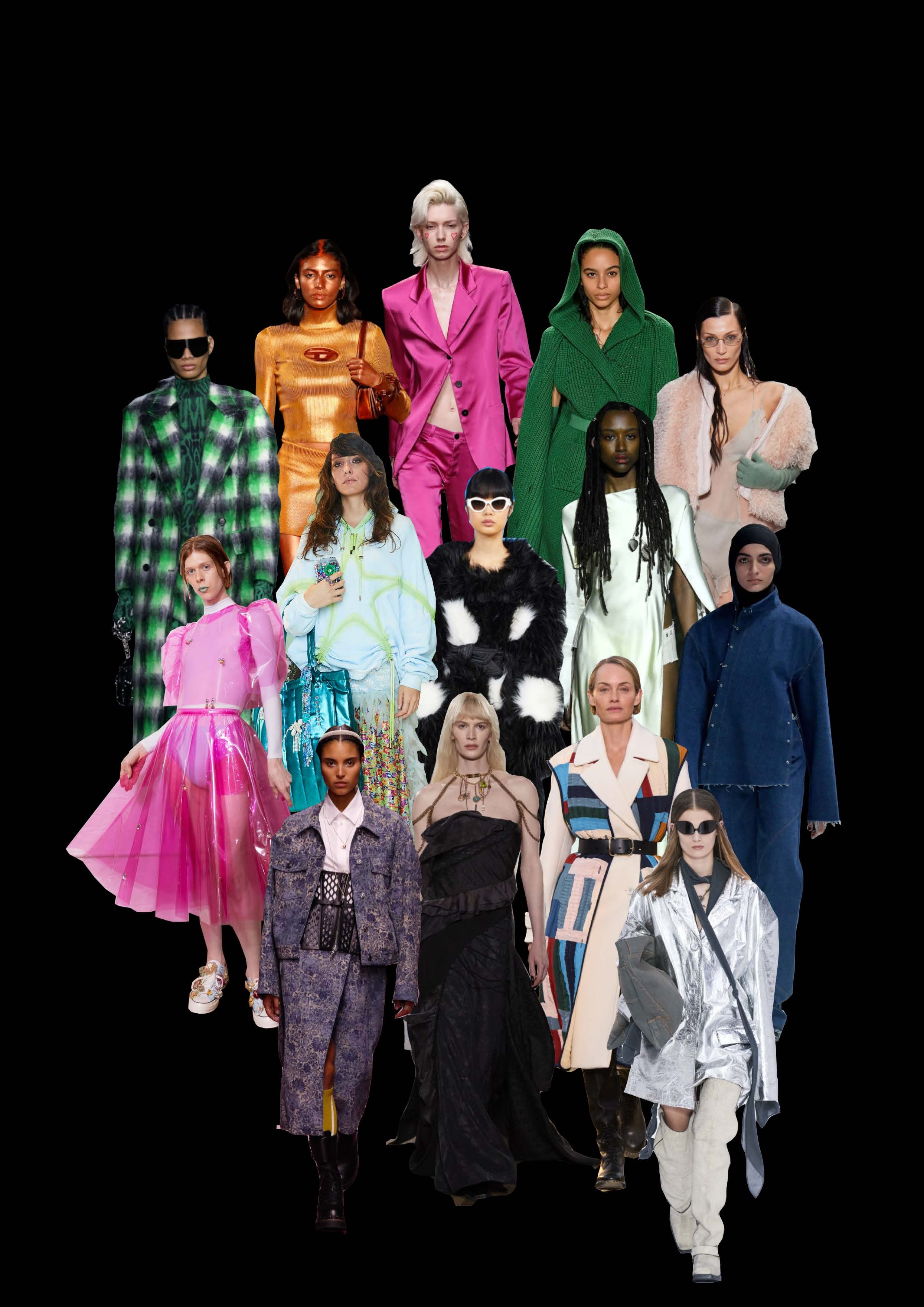
- FEATURED STORIES -
- ECO-FRIENDLY CELEBRITIES -
- CLIMATE CHANGE ACTIVISM -
- FASHION -
- BEAUTY -
- ARTS & LIFESTYLE -
- STORYBOOK -
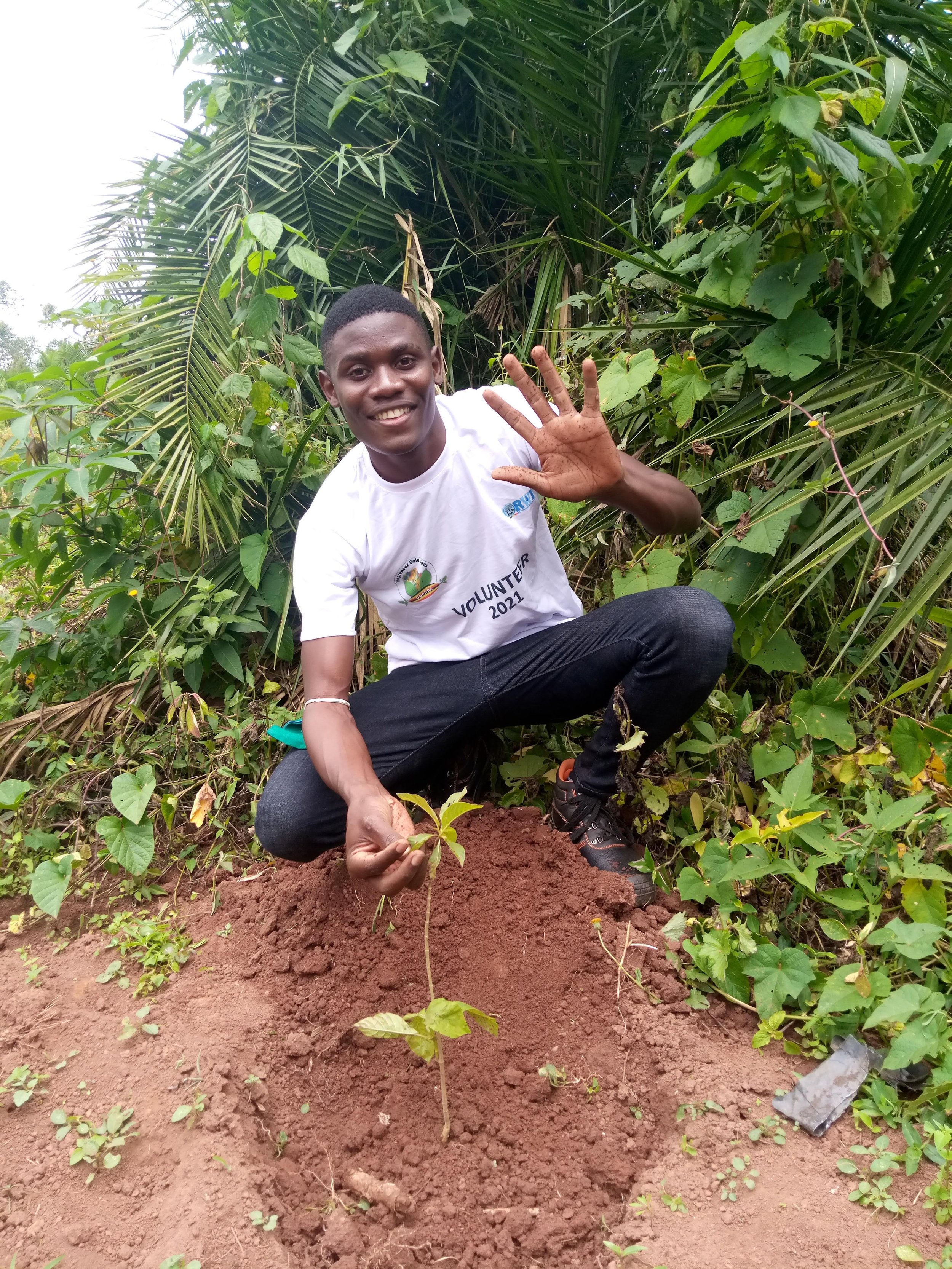
The Climate Activist Interviews: In Conversation with Nyombi Morris
Today, we’re speaking with Nyombi Morris. Could you tell us a bit about your background?
Yes. My name is Nyombi Morris. I’m a twenty-three-year-old climate justice activist from Uganda. I joined the climate change movement after witnessing the effects of tropical cyclone Idal, which had heightened impacts due to climate change, as well as other general weather changes, in the form of floods and landslides that took place, especially in 2018. Before becoming involved, I used to see activists from different countries, but I didn’t know much about it. I was following what was happening, though. In 2019, I was watching television, and I saw a girl – Vanessa Nakate – on the street outside our parliament building, striking for climate justice.
I’d heard a bit about her work, but I had to search for her online. I got in touch with her to learn more. So she talked to me about climate change, and in October 2019, I joined her climate movement. However, my background in climate change wasn’t strong, because before then, we had been living in a district in Uganda known as Masaka. It is near a wetland called Lwera. We used to get heavy rains, due to the companies that were doing sand mining – especially the Chinese, they used to come and mine sand in that wetland. This led to environmental degradation. After that, the wetland couldn’t drain anymore, and the water would come up into our houses, and most of the time, our crops were washed away by the floods. As time went on, my parents were forced to shift, because they couldn’t sustain a living. At the same time, they lost their investment in farming, because that living was no longer an option for us.
So when we moved to Kampala, we started living here with my grandmother, who agreed to host us for some time. In that process, at some point, my dad disappeared. He used to go and come back with some stuff, some food and other things, in the evenings, but one day, he went and never came back. So I struggled with studying. In 2016, when I finalized my 4 level (equivalent to US junior year of high school), my mom needed me to go, so she could support my siblings – there are three of them. So I began looking for jobs. But in 2016, luckily enough, I got a scholarship in a second university here. For two years, I worked on my course in IT and tech science. But when it came time to graduate, I couldn’t complete the degree because I couldn’t afford the completion fee. So I left with just a transcript. Today, I still have hope that one day, I will go back to school. But I don’t know when that day will be.

The Climate Activist Interviews: In Conversation with Nyombi Morris
Today, we’re speaking with Nyombi Morris. Could you tell us a bit about your background?
Yes. My name is Nyombi Morris. I’m a twenty-three-year-old climate justice activist from Uganda. I joined the climate change movement after witnessing the effects of tropical cyclone Idal, which had heightened impacts due to climate change, as well as other general weather changes, in the form of floods and landslides that took place, especially in 2018. Before becoming involved, I used to see activists from different countries, but I didn’t know much about it. I was following what was happening, though. In 2019, I was watching television, and I saw a girl – Vanessa Nakate – on the street outside our parliament building, striking for climate justice.
I’d heard a bit about her work, but I had to search for her online. I got in touch with her to learn more. So she talked to me about climate change, and in October 2019, I joined her climate movement. However, my background in climate change wasn’t strong, because before then, we had been living in a district in Uganda known as Masaka. It is near a wetland called Lwera. We used to get heavy rains, due to the companies that were doing sand mining – especially the Chinese, they used to come and mine sand in that wetland. This led to environmental degradation. After that, the wetland couldn’t drain anymore, and the water would come up into our houses, and most of the time, our crops were washed away by the floods. As time went on, my parents were forced to shift, because they couldn’t sustain a living. At the same time, they lost their investment in farming, because that living was no longer an option for us.
Subscribe to our newsletter.
Sign up with your email address to receive news and updates.

